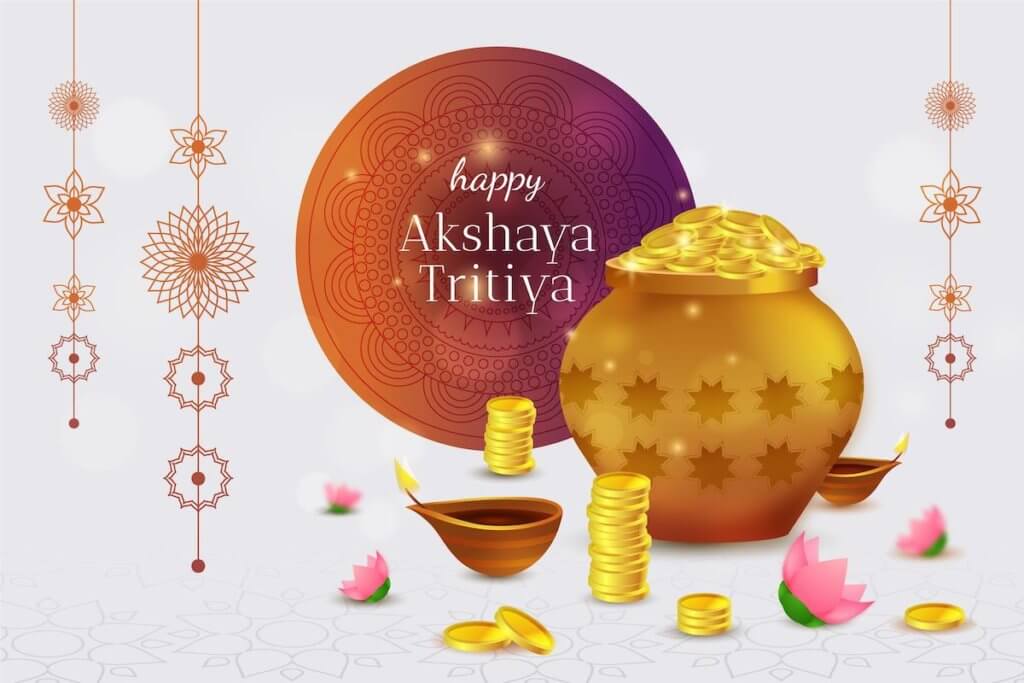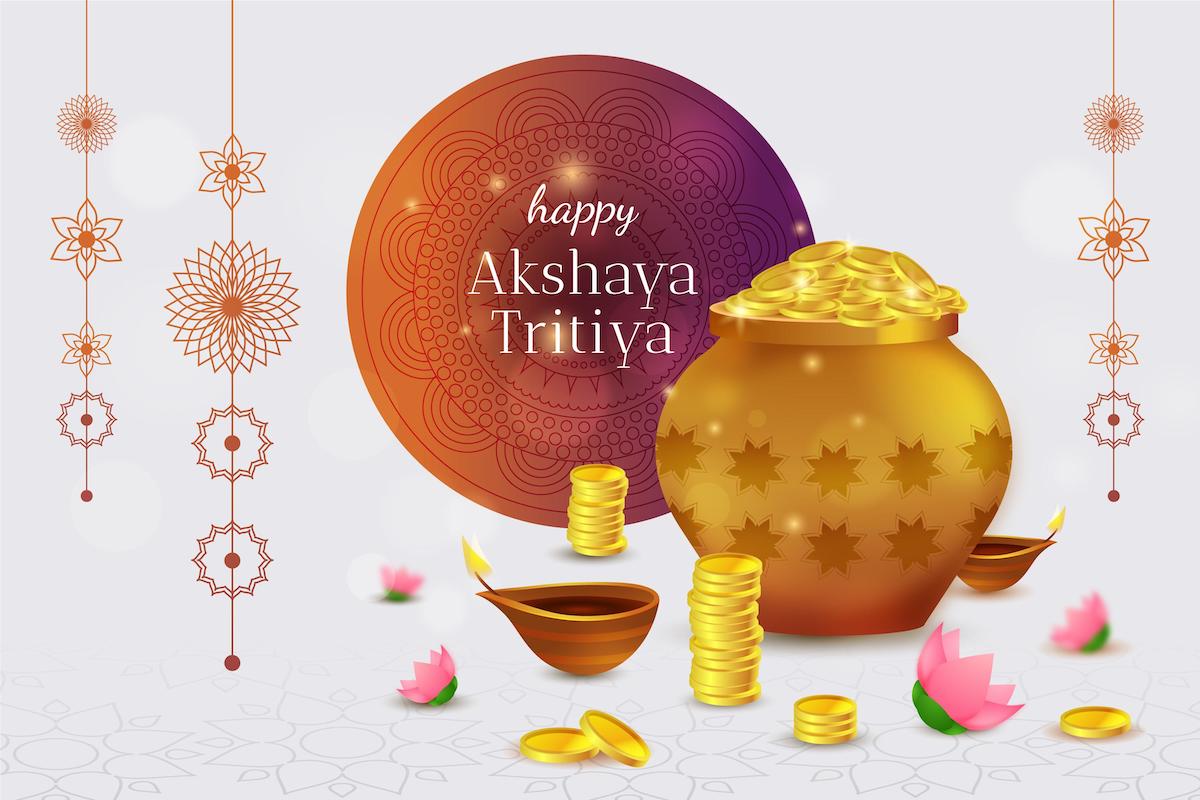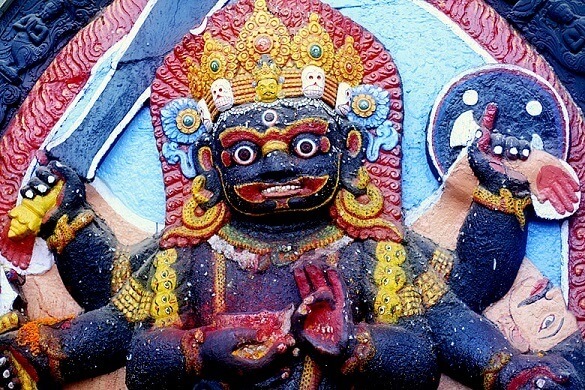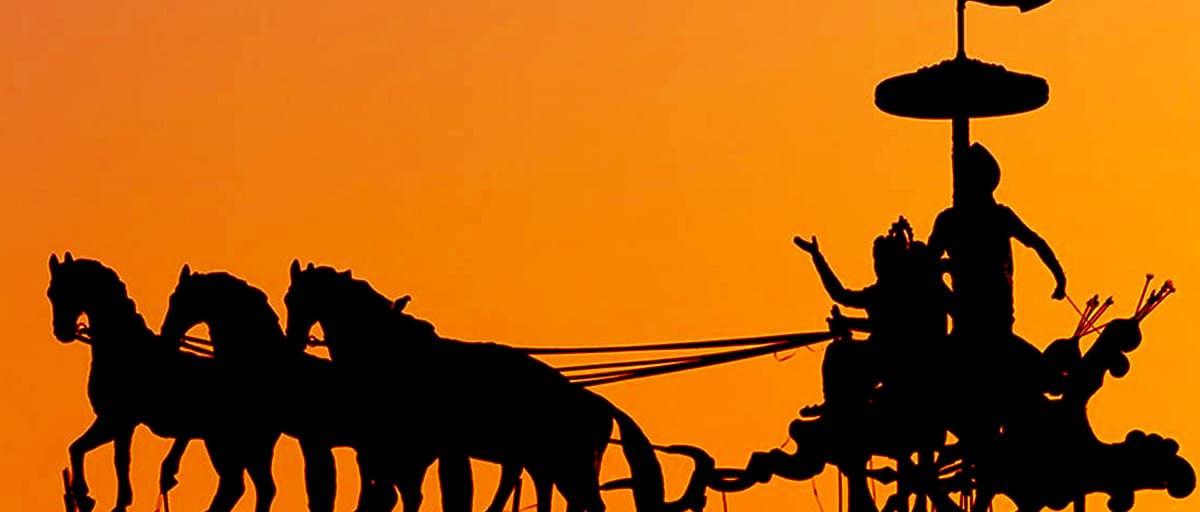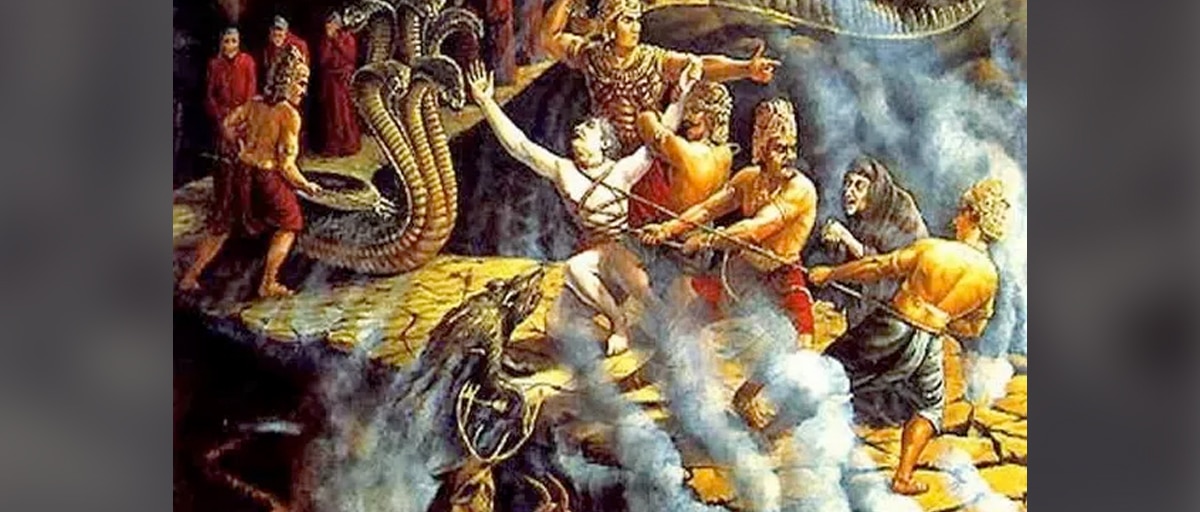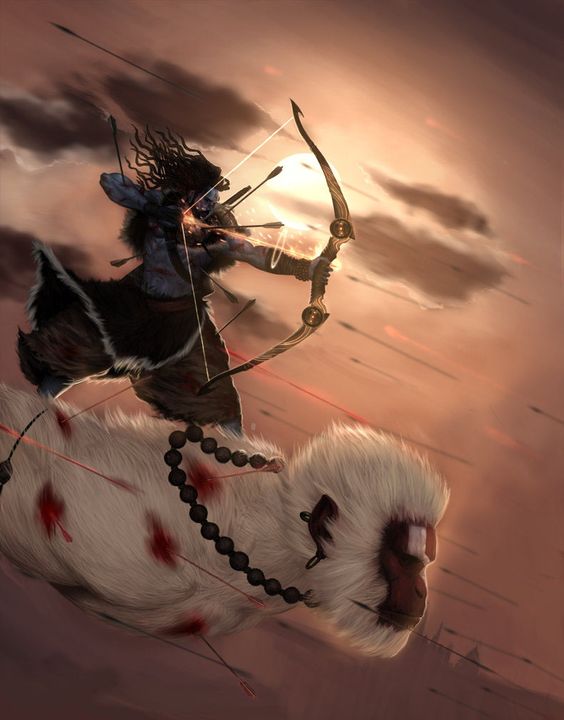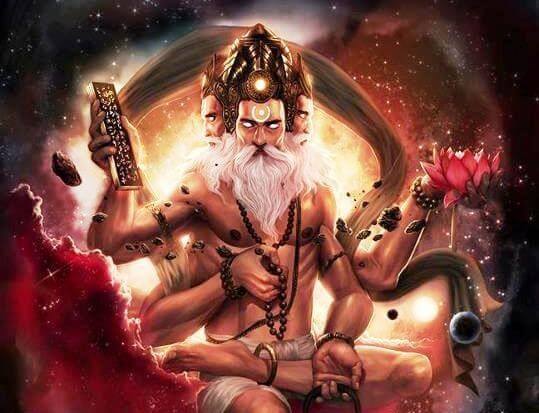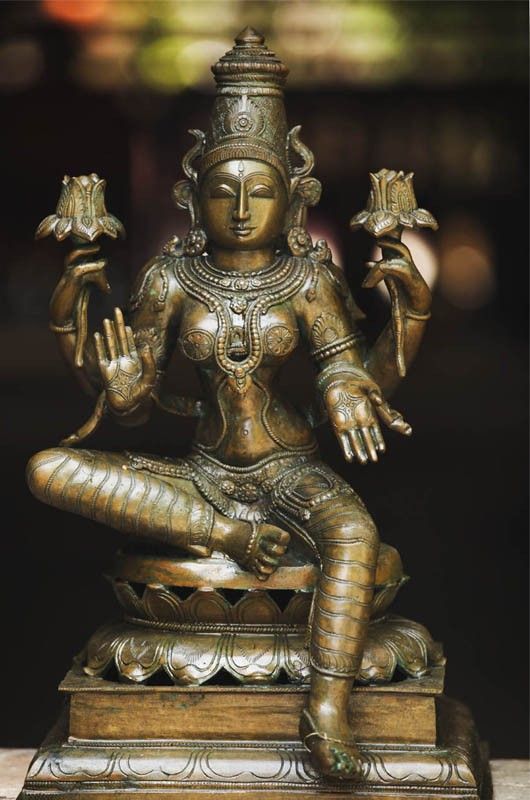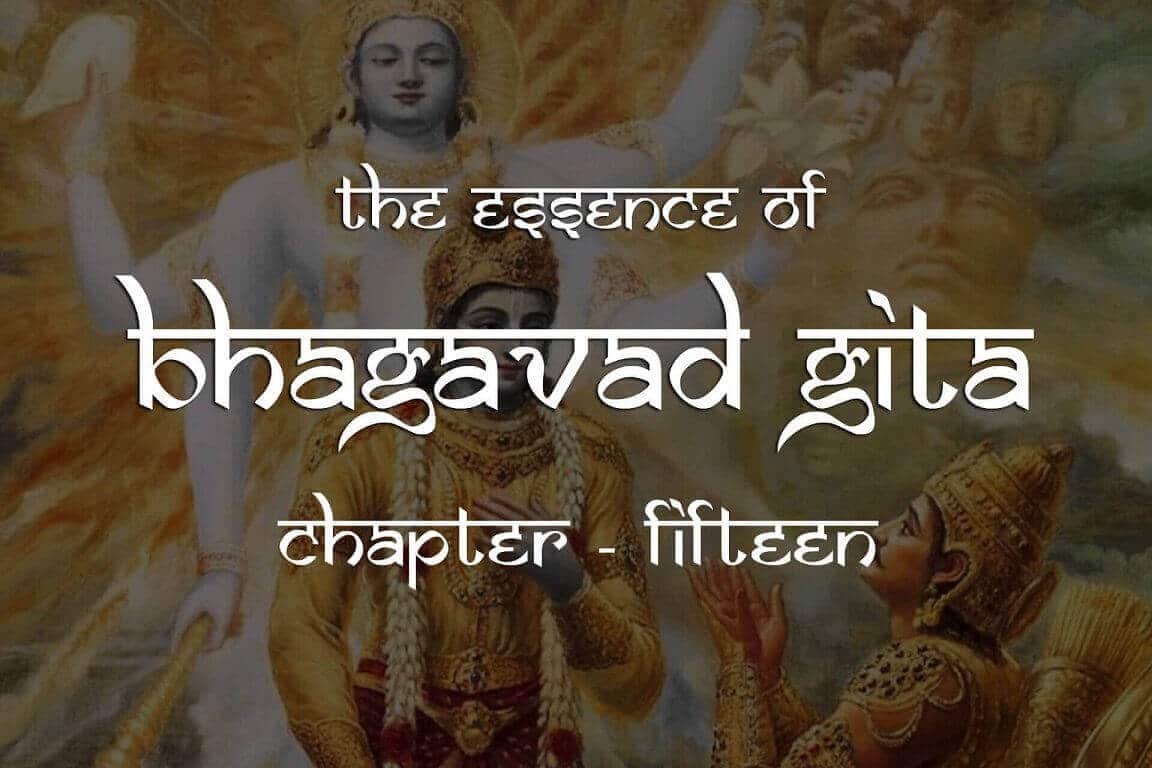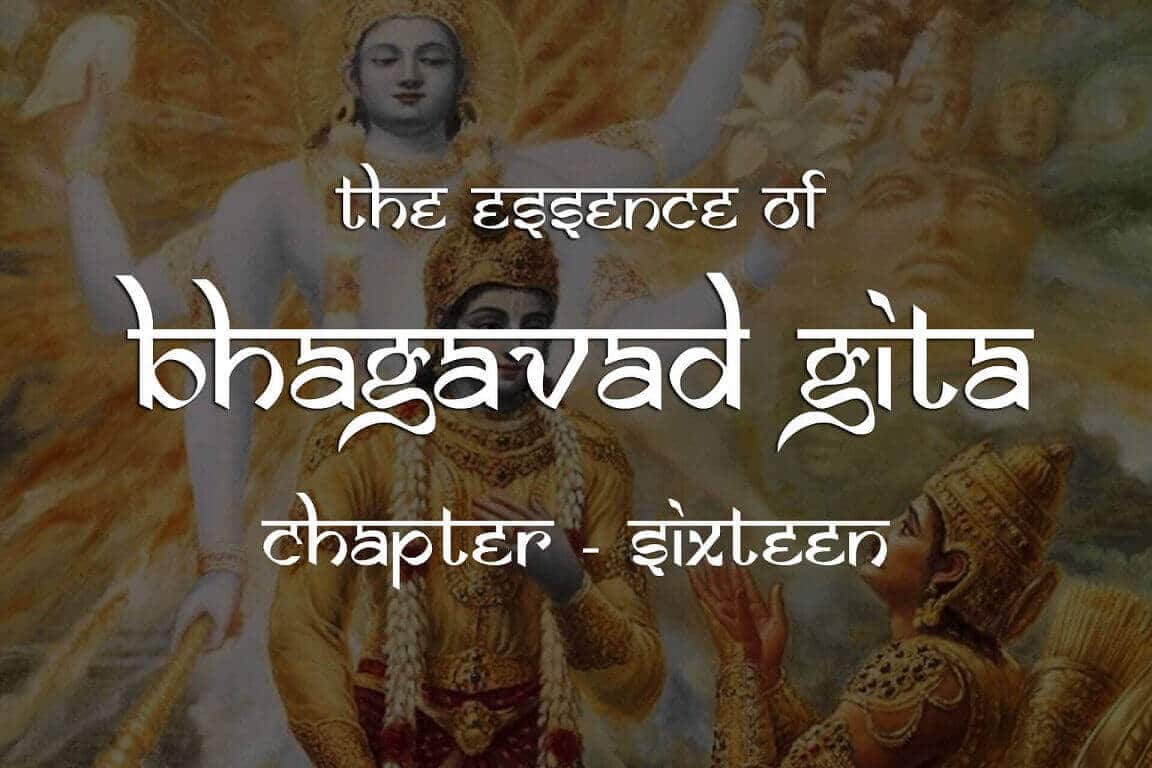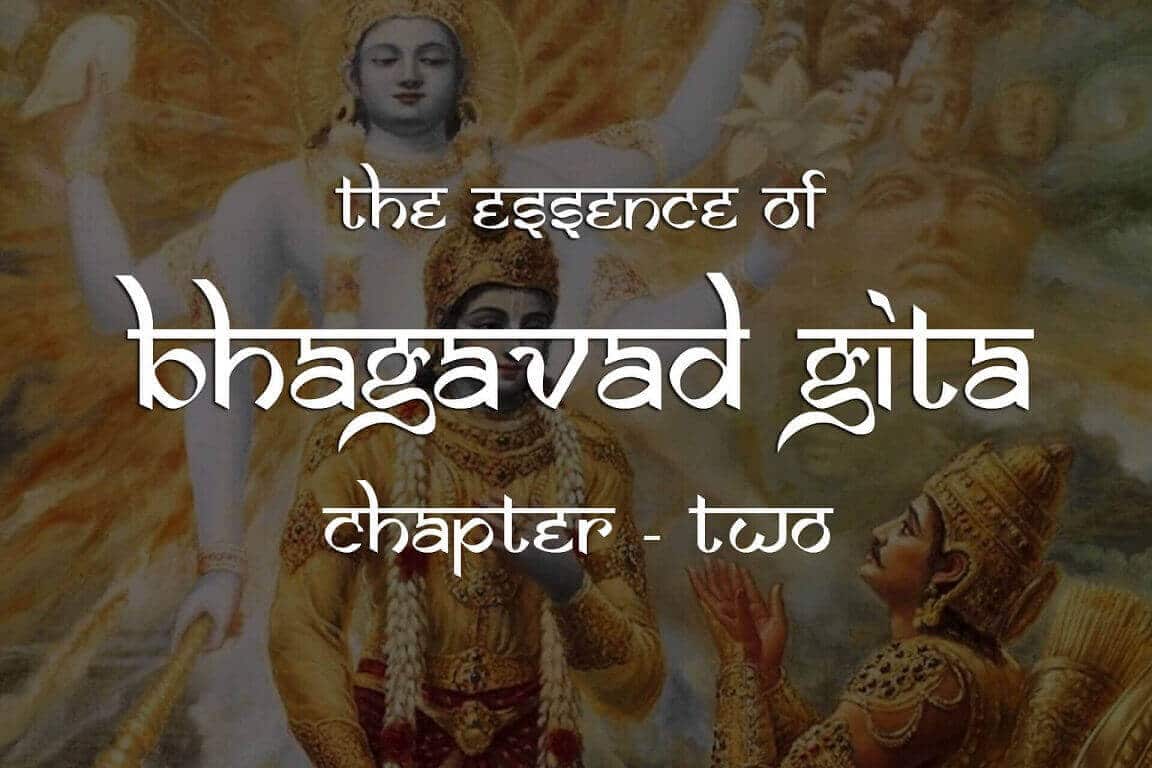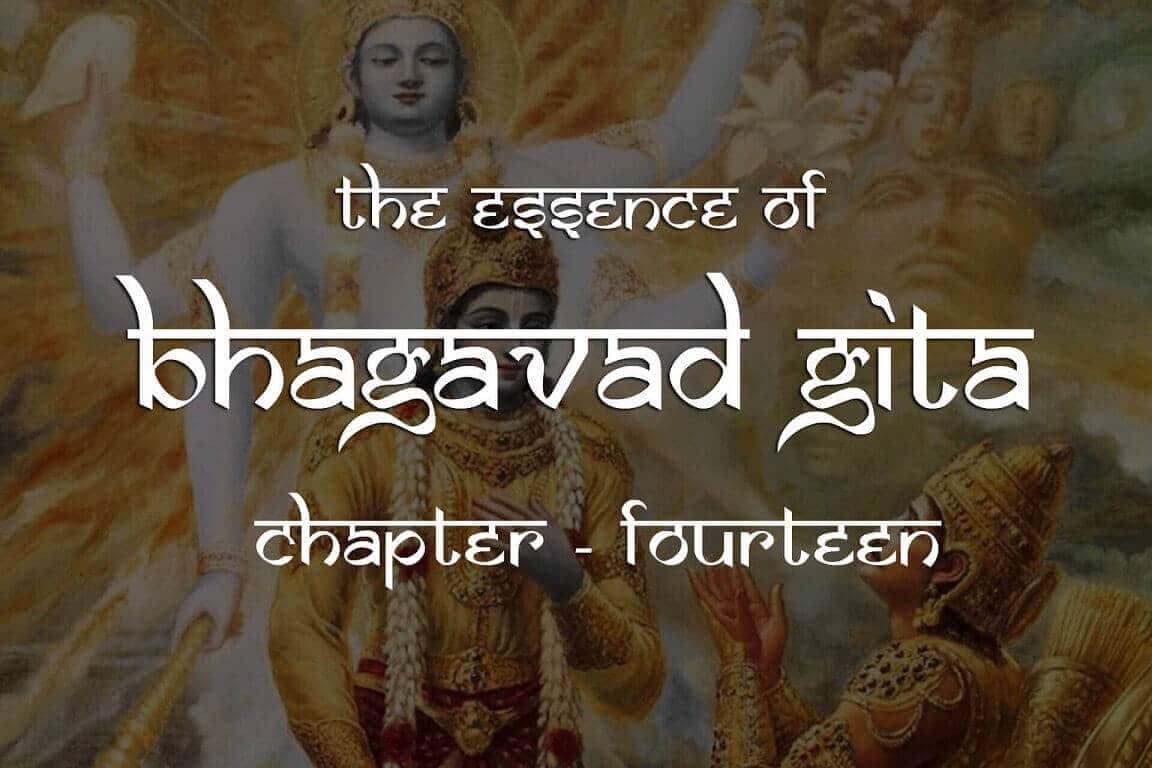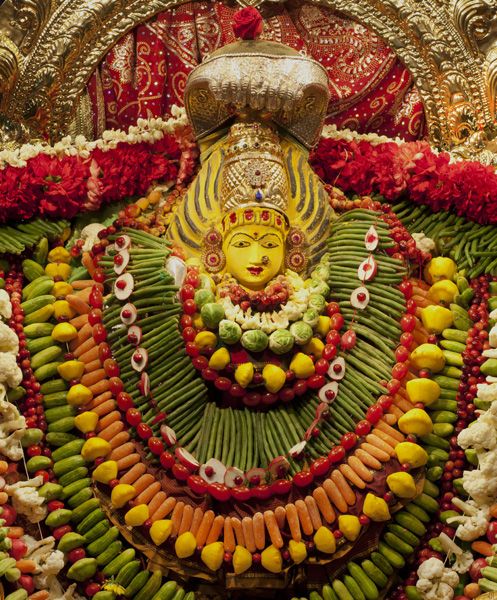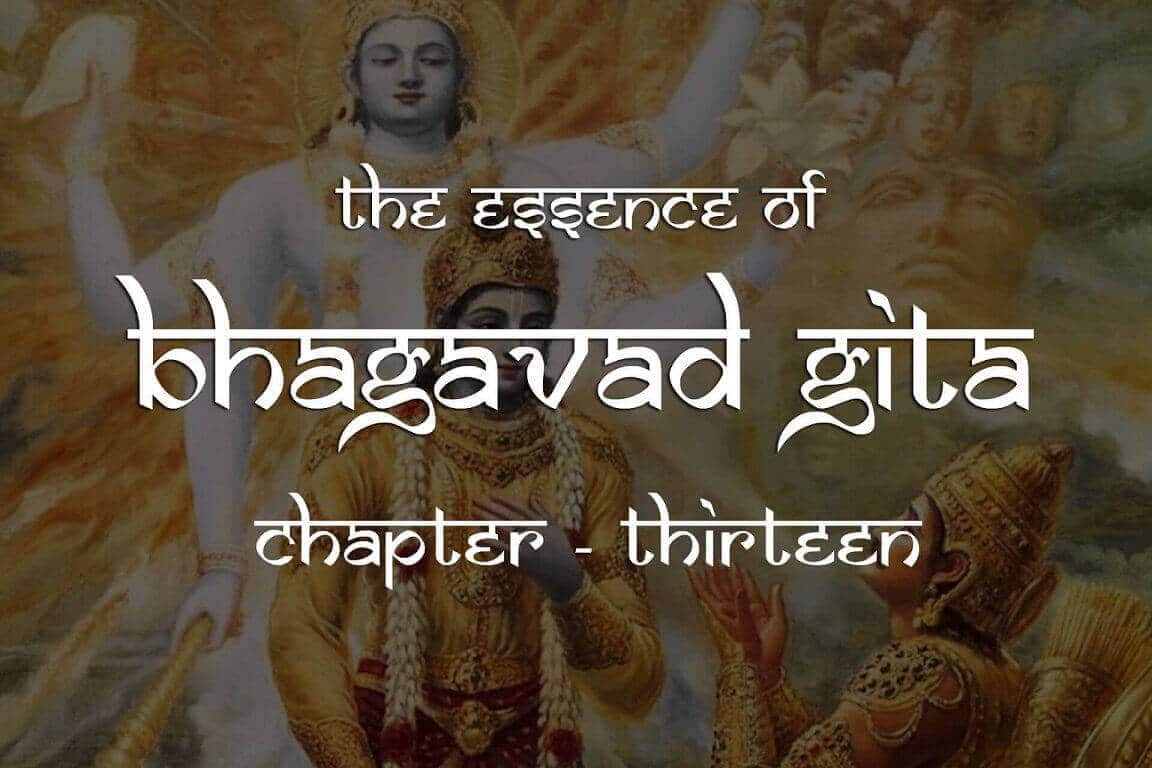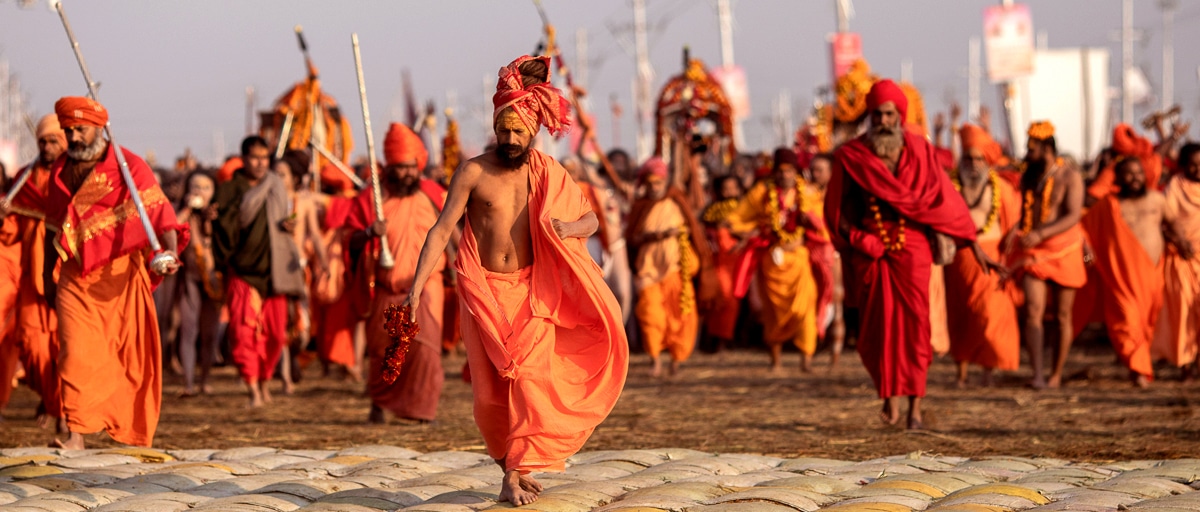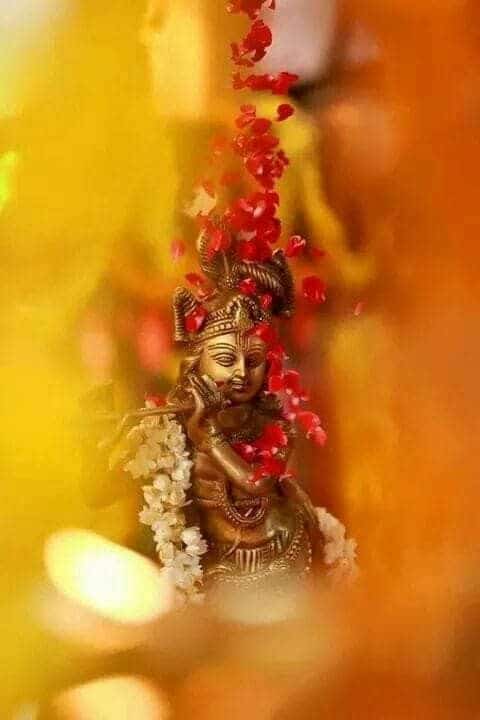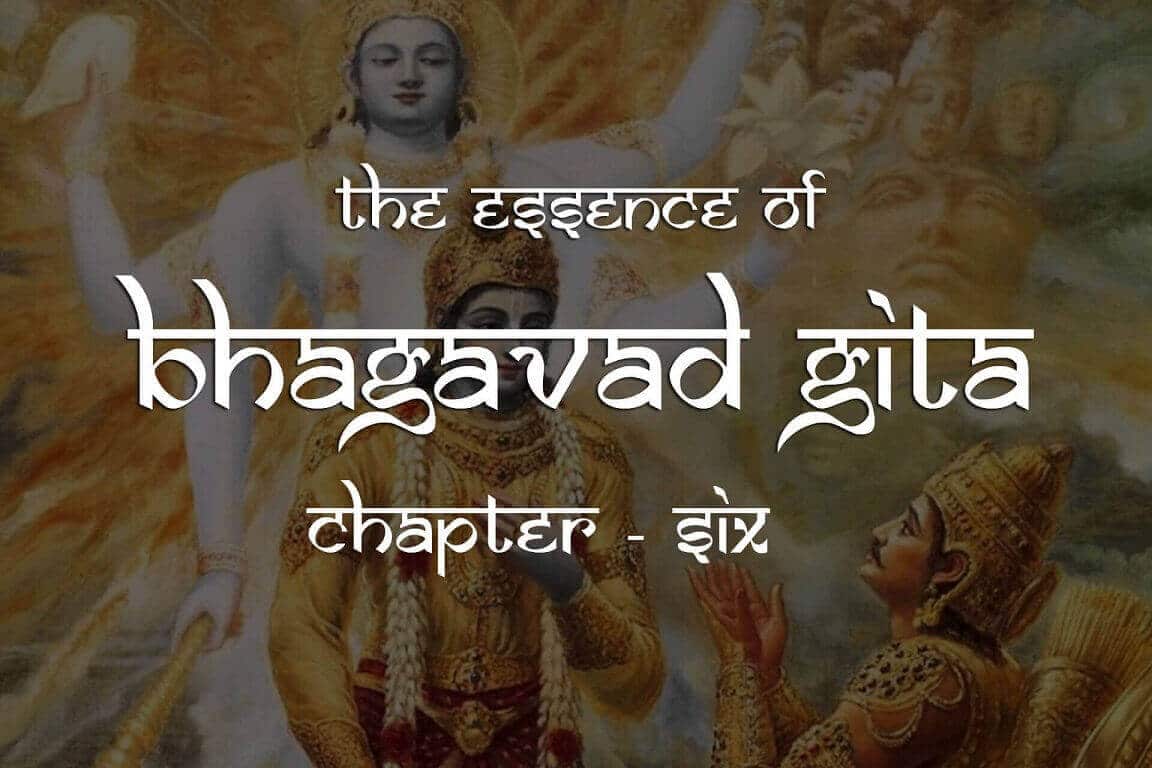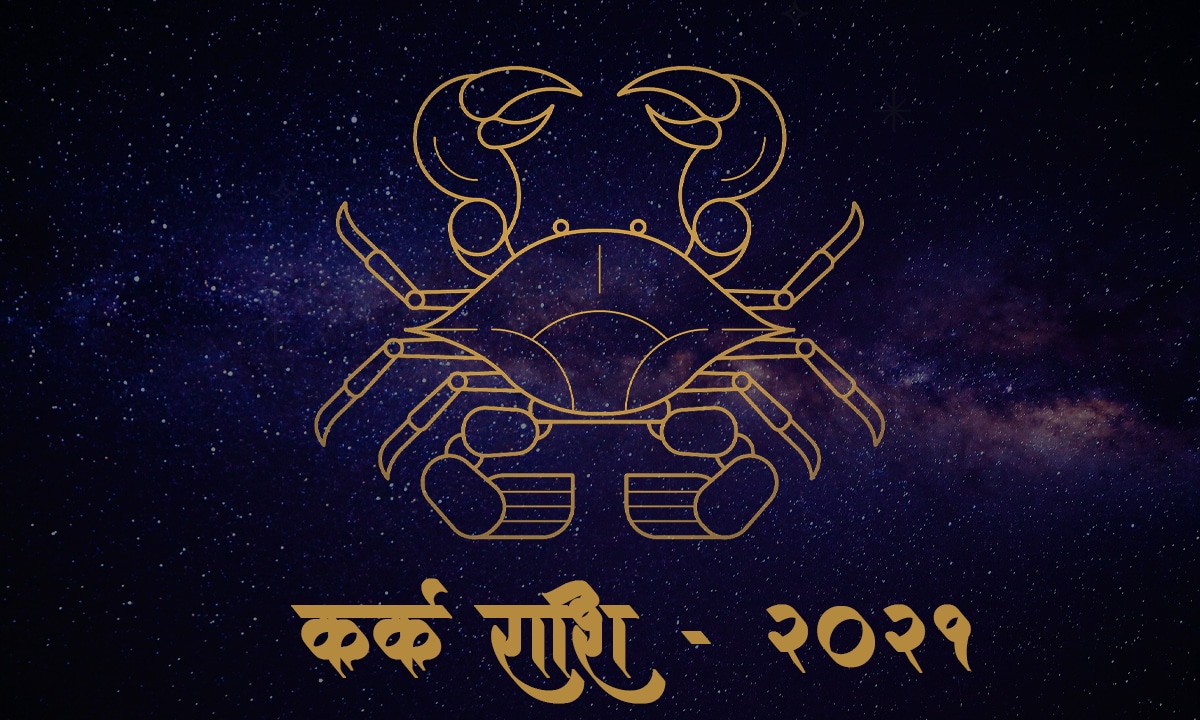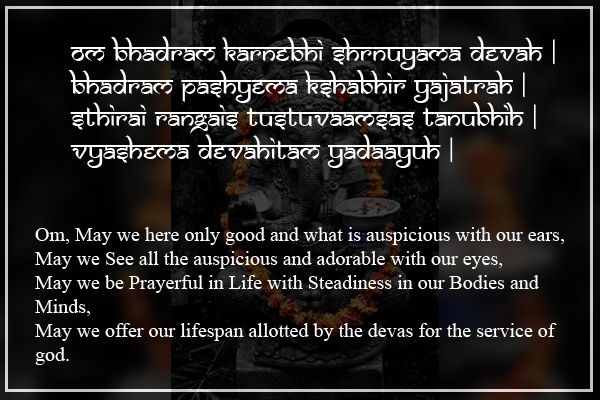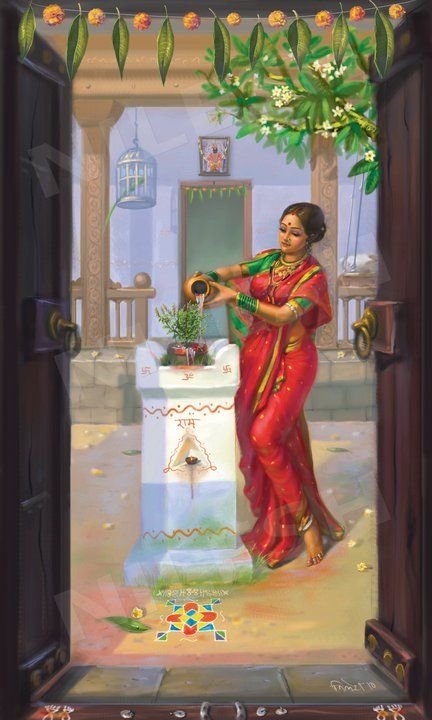Akshaya Tritiya
The Hindu and Jains celebrate Akshaya Tritiya, also known as Akti or Akha Teej, every spring. The third Tithi (lunar day) of Vaisakha month’s Bright Half (Shukla Paksha) falls on this day. Hindus and Jains in India and Nepal celebrate it as the “third day of unending prosperity,” and it is regarded as an auspicious moment.
“Akshay” means “never-endingness” in the sense of “prosperity, hope, joy, and accomplishment” in Sanskrit, while Tritiya means “third phase of the moon” in Sanskrit. It is named after the “third lunar day” of the Hindu calendar’s spring month of Vaisakha, on which it is observed.
The festival date changes each year and is determined by the lunisolar Hindu calendar, which falls in April or May on the Gregorian calendar.
The Jain tradition
It commemorates the first Tirthankara’s ( Lord Rishabhdev ) one-year asceticism by drinking sugarcane juice poured into his cupped hands in Jainism. Varshi Tapa is the name given to the festival by some Jains. Jains observe fasting and ascetic austerities, especially at pilgrimage sites such as Palitana (Gujarat).
On this day, people who practice Varshi-tap, a year-long alternate day fasting, finish their Tapasya by doing parana, or drinking sugarcane juice.
In the Hindu tradition
In many parts of India, Hindus and Jains consider the day auspicious for new projects, marriages, large investments such as gold or other lands, and any new beginnings. It’s also a day to remember loved ones who have passed away. The day is important in the area for women, married or single, who pray for the well-being of the men in their lives or for the man they may in the future get an affiliated to. They distribute germinating gramme (sprouts), fresh fruits, and Indian sweets after the prayers. When Akshaya Tritiya happens on a Monday (Rohini), it is thought to be even more auspicious. Another festive tradition is fasting, charity, and supporting others on this day. The presentation of Akshaya Patra to Draupadi by God Krishna during the visit of Sage Durvasa is very important, and is connected to the festival’s name. The princely Pandavas were hungry due to a lack of food, and their wife Draupadi was distressed due to a lack of food for customary hospitality to their numerous saintly guests during their exile in the forests.
The oldest, Yudishtira, did penance to Lord Surya, who gave him this bowl that would stay full until Draupadi ate. God Krishna made this bowl invincible for Draupadi, the wife of the five Pandavas, during sage Durvasa’s visit, so that the magical bowl known as Akshaya Patram will always be filled with food of their choosing, even enough to satiate the entire universe if necessary.
In Hinduism, Akshaya Tritiya is celebrated as the birthday of Parshuram, Vishnu’s sixth incarnation, who is worshiped in Vaishnava temples. The festival is often referred to as ParshuramJayanti by those who celebrate it in Parasurama’s honour. Others, on the other hand, devote their worship to Vishnu’s avatar Vasudeva. On Akshaya Tritiya, Ved Vyasa, according to legend, started reciting the Hindu epic Mahabharata to Ganesha.
On this day, according to another legend, the Ganges river descended to earth. After closure during the Himalayan winters, the Yamunotri and Gangotri temples are reopened on the auspicious occasion of Akshaya Tritiya, during the Chota Char Dham pilgrimage. On Abhijit Muhurat of Akshay Tritiya, the temples are opened.
Sudama is also said to have visited his childhood friend Lord Krishna in Dwarka on this day and earned limitless money. Kubera is also said to have earned his wealth and title of ‘Lord of Wealth’ on this auspicious day. In Odisha, Akshaya Tritiya marks the beginning of paddy sowing for the upcoming Kharif season. Farmers begin the day by performing ceremonial worship of Mother Earth, bullocks, and other traditional farm equipment and seeds in order to obtain blessings for a successful harvest.
Sowing paddy seeds as a symbolic start for the state’s most significant Kharif crop takes place after the fields have been ploughed. This ritual is known as Akhi Muthi Anukula (Akhi – Akshaya Tritiya; Muthi – fistful of paddy; Anukula – commencement or inauguration) and is widely observed throughout the state. Due to ceremonial Akhi Muthi Anukula programmes organized by farmers organisations and political parties in recent years, the event has received a lot of attention. The building of chariots for the Jagannath Temple’s Ratha Yatra festivities begins on this day in Puri.
God Vishnu, the Hindu Trinity’s preserver God, is in charge of Akshaya Tritiya Day. Treta Yuga started on Akshaya Tritiya Day, according to Hindu mythology. Usually, Akshaya Tritiya and Parshuram Jayanti, Lord Vishnu’s 6th incarnation’s birthday anniversary, fall on the same day, but depending on the Tritiya Tithi’s starting time, Parshuram Jayanti will fall one day before Akshaya Tritiya.
Akshaya Tritiya is also considered an auspicious day by Vedic astrologers, as it is free of all malefic effects. According to Hindu Astrology, the three lunar days of Yugadi, Akshaya Tritiya, and Vijay Dashami do not need any Muhurta to begin or complete any auspicious work because they are free of all malefic effects.
What People Do on The Festival Day
Since this festival is being celebrated as the festival of unending prosperity, people do set aside the day to buy cars or high-end household electronics. According to scriptures, chanting prayers dedicated to Lord Vishnu, Ganesha, or the household deity brings ‘eternal’ good fortune. On Akshaya Tritiya, people also perform Pitra Tarpan, or pay homage to their forefathers. The believe was that the god they worship will bring evaluating and an unending prosperity and joy.
What is the Importance of the Festival
This festival is significant since it is commonly believed that Lord Parshuram, Vishnu’s sixth incarnation, was born on this day.
Due to this believe, that was why people buy expensive and household electronics, Gold and lots of sweets on the day.

